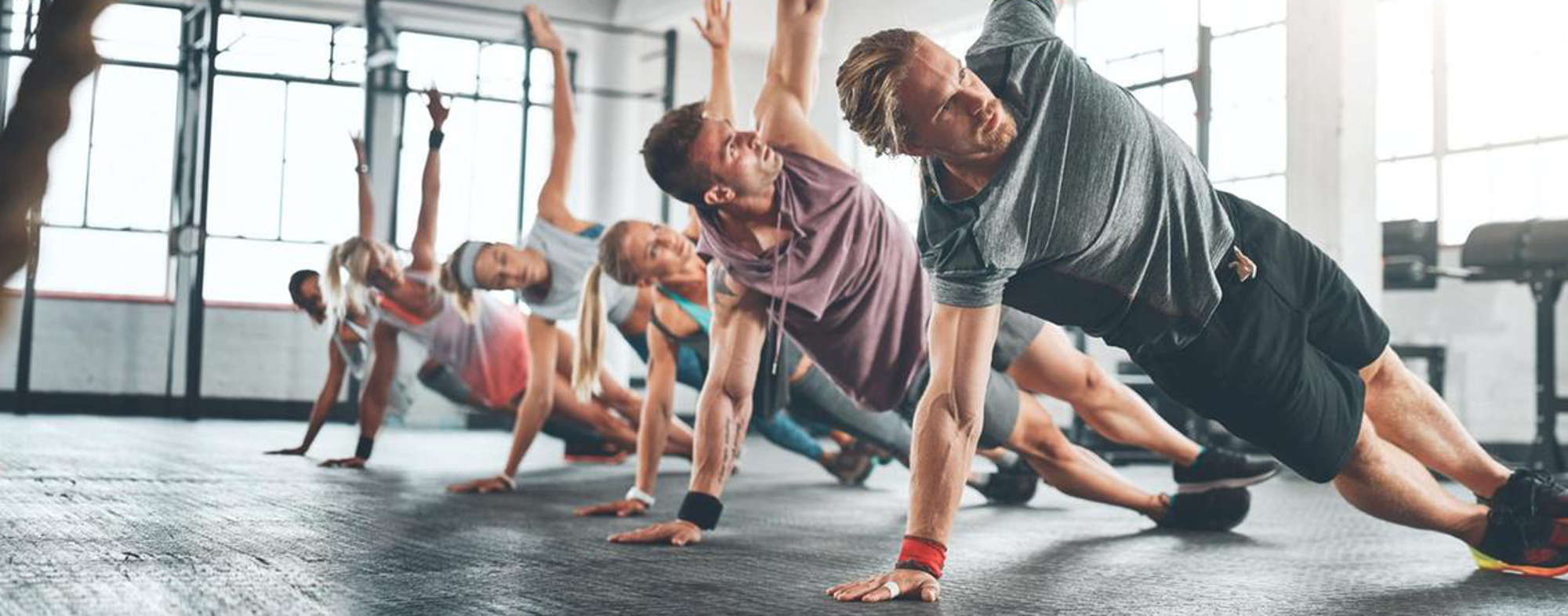Overcoming the Intermediate Phase
As athletes or pursuers of complex skills, many of us get caught in this slow, frustrating purgatory of development known as the "intermediate phase." This is where we plateau, stagnate, and perhaps wallow for a bit before some sort of breakthrough that drives more forward momentum and progress. These doldrums of training are unavoidable and for many marks the end of our pursuit.
As the year comes to an end and we peer out onto the horizon of 2018, excited about what new goals we will look to set in January, let's look at what July or August may come to feel like.
The Beginner's High
We've all experienced that rush and marked improvement when we first undertook something. Perhaps it's the enjoyment of sharing what our "new pursuit" is via social media. In our current age of consumerism, new goals are commemorated by changes to our wardrobe, diet and a positive uptick of social media posts hoping to generate more enthusiasm. CrossFitters are notorious for their 30-40 lb PRs where the "shock and awe" of something new grabs ahold, causing rapid adaptations to a unique set of challenges in an unfamiliar but exciting environment.
Arguably this phenomenon characterizes the mad rush of January where many hopefuls will flock to the gym with big goals and dreams. Depending on the loftiness of our pursuit, this beginner wave can carry us a few months even perhaps a few years until we start to get better.
The Crowd
Just like at the start of a race, everyone crowds the starting line, and after the "bang" the herd slowly begins to thin out.
As athletes, the first judge of our progress typically comes with a glance of the crowd surrounding us and seeing how we measure up. The people you began the race with slowly start to dwindle and you find yourself either chasing, cruising or chased.
However, as the miles slowly tick by the energy for that quick sprint ahead begins to fade as you establish your stride and start the grind. The pursuit of our goals lays out in much the same fashion and what you do during this middle piece is typically the surest predictor of your success. Not to overly use CrossFit analogies but the best predictor of how well you will do with Fran is not on the set of 21 or 9, but the set of 15.
For this new year, surround yourself with people who represent where you want to go rather than where you are or were. Some people need great coaches, but for many of us, a great training partner can be just as invaluable.

The Reality Check of Lofty Goals
The reality of training is such that "the better you are, the more work it takes to get better." Think of our Olympic athletes spending their four-year macrocycles just to add a few pounds to their nearly perfect lifts or shaving only a few seconds off of their current world record run time.
For those of us non-Olympic hopefuls, sometimes we need a change in perspective as we break out of our beginner phases and into the intermediate period.
In this new year begin to think of your pending middle phase plateau as a sign of progress rather than a sign of NO progress. Eventually in lifting you will get to a point where your muscle growth or technique will not be able to keep up with the weight. If this weren't the case, then we'd be squatting 1,000lbs in 4 years by adding just 5lbs a week. Plateaus signal the time for a change but none the less, they come around after a climb in progress…which shouldn't be ignored.
Brazilian Jiu-Jitsu is notorious for long-slow periods where you spend years at a single belt, perfecting the niceties of techniques with different variations. To put this in perspective, the highest belt awarded in Brazilian Jiu-Jitsu is a Red Belt, and to be eligible, you would need to be a black belt for at least 48 years. Though as many practitioners will tell you, the journey is by FAR the most important, but expectations for any new goal need to be managed upfront and honest as possible.
Focus On Small Victories When Life Slows You Down
The motivational slogan of "getting better every day" is annoyingly cliché but nonetheless accurate when it comes to our goals.
In my pursuits, life has certainly caused me to rethink training habits and techniques whether that be the result of my work, or in my most recent case, an injury. Between sessions on the Marc Pro with my ankle wrapped in the Game Ready, I've come to rethink my approach to getting better…that is until I can get back out there.
Keep the habits. Doing is the ideal form of learning but NOT allowing yourself to slip out of your routine is even more critical. You have a total of 5 senses and 24 hours in a day. You can still absorb information by watching and participating to the extent possible, even if this means just SHOWING UP to the gym. It again reinforces the pattern that you will need to succeed.
Think about refining smaller aspects of your game. Think about the many intangibles to your skill pursuit. Think about things like a breathing protocol or grip strength. If you can’t, make it to the range, and dry fire. To get better breathing, you need merely one thing: you.
These small efforts can pay significant dividends in the future when your "pace" can quicken.





